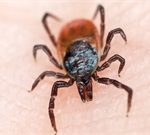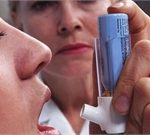
(HealthDay News) — As U.S. coronavirus cases topped 1.3 million and the death toll was set to pass 80,000 on Monday, three of the nation’s top health officials have started to quarantine themselves after being exposed to two White House aides who have been diagnosed with COVID-19. The officials include Dr. Anthony Fauci, director of the National Institute of Allergy and Infectious Diseases; Dr. Robert Redfield, director of the Centers for Disease Control and Prevention; and Dr. Stephen Hahn, commissioner of the Food and Drug Administration, the Washington Post reported. Fauci said Sunday that he was told his exposure risk was low, and that he plans to wear a mask at all times in public but will not completely isolate himself because he needs to attend certain meetings at the White House and work at the National Institutes of Health, the Post reported. He will be tested every time he goes to the White House. All three officials are members of the White House coronavirus task force. So far, President Donald Trump and Vice President Mike Pence have tested negative for COVID-19, the White House said. Meanwhile, troubling news emerged from New York City: Mayor Bill de Blasio said Sunday that 38 children in the city had contracted a new, serious inflammatory syndrome that seems to be linked to COVID-19 infection. Three of those patients,… read on >

















